TURKEY’S ERDOGAN: “Those who ask, ‘What is Turkey doing in Syria, Libya, and Somalia?’ may not understand our vision.”
Turkey’s Erdogan Defends Foreign Policy: “Those Who Ask, ‘What is Turkey Doing in Syria, Libya, and Somalia?’ May Not Understand Our Vision”
In a recent statement that has sparked a new wave of discussion, Turkish President Recep Tayyip Erdoğan addressed the question that has been raised by critics both at home and abroad: What is Turkey doing in Syria, Libya, and Somalia? His response was clear and assertive: “Those who ask this question may not fully understand Turkey’s vision.” Erdoğan’s comment highlights Turkey’s growing role on the international stage and its foreign policy ambitions, which have shifted significantly over the past decade.
For many years, Turkey was viewed primarily as a regional power with a focus on domestic stability and a strong commitment to NATO. However, under Erdoğan’s leadership, Turkey’s foreign policy has evolved into one that is increasingly assertive, focusing on expanding influence across the Middle East, North Africa, and even Sub-Saharan Africa. Turkey’s involvement in countries like Syria, Libya, and Somalia is part of a broader strategy to safeguard its interests, extend its geopolitical footprint, and position itself as a key player in regional and global affairs.
Turkey’s Military and Political Engagement in Syria
Turkey’s involvement in Syria has been one of the most contentious aspects of its foreign policy in recent years. Since the outbreak of the Syrian Civil War in 2011, Turkey has become a key player in the conflict, supporting various opposition groups in their fight against the regime of Syrian President Bashar al-Assad. However, Turkey’s military presence in Syria is not solely focused on regime change. In addition to supporting opposition factions, Turkey has engaged in a series of military operations, especially against Kurdish groups in northern Syria, which it views as linked to the Kurdistan Workers’ Party (PKK), a Kurdish separatist group that has been fighting an insurgency in Turkey for decades.
Erdoğan’s government has framed Turkey’s involvement in Syria as a necessary action to protect its national security and counter terrorism threats. The Turkish president has emphasized that his country’s efforts in Syria are not driven by territorial ambition but by the need to protect Turkish borders and prevent the establishment of a Kurdish autonomous region in northern Syria, which could encourage separatist movements within Turkey itself. Through operations such as “Euphrates Shield,” “Olive Branch,” and “Peace Spring,” Turkey has secured territories in northern Syria, creating buffer zones to keep hostile groups away from its border.
Turkey’s involvement in Syria also extends to humanitarian aid and the provision of support to civilians affected by the ongoing conflict. The Turkish government has built refugee camps and provided relief efforts to the millions of displaced Syrians, many of whom have found refuge in Turkey. With more than 3.5 million Syrian refugees currently residing in Turkey, Ankara has positioned itself as a key player in managing the fallout of the war.
Turkey’s Growing Role in Libya
Turkey’s military and diplomatic engagement in Libya has been another focus of Erdoğan’s foreign policy. In recent years, Libya has been embroiled in a brutal civil war between two rival governments: the internationally recognized Government of National Unity (GNU) based in Tripoli, and the Libyan National Army (LNA), led by General Khalifa Haftar, which has the backing of several regional powers including Egypt, the United Arab Emirates, and Russia.
In 2019, Turkey signed a controversial military and security agreement with the GNU, led by Prime Minister Fayez al-Sarraj, which allowed Turkish forces to intervene on behalf of the Tripoli-based government. This intervention proved pivotal in turning the tide of the conflict, as Turkish-backed forces helped the GNU repel Haftar’s forces and regain control of key cities, including the capital, Tripoli. Turkey also deployed military advisors, drones, and weapons to support the government in Tripoli.
Erdoğan has justified Turkey’s involvement in Libya as a measure to safeguard Turkish interests in the Mediterranean. This includes protecting Turkey’s energy exploration rights in the Eastern Mediterranean and ensuring a balance of power in the region. The agreement with the Libyan government also provided Turkey with a maritime border deal, granting it rights to potentially lucrative undersea gas fields in the Mediterranean.
Turkey’s military presence in Libya has been met with resistance from some regional actors, including Egypt and the UAE, who view the Turkish intervention as a threat to their interests. However, Erdoğan remains resolute in his position, emphasizing that Turkey’s role in Libya is a response to the call for help from a legitimate government and a vital step in securing Turkey’s strategic goals in the region.
Turkey’s Influence in Somalia and Sub-Saharan Africa
Beyond the Middle East, Turkey has also made significant strides in Sub-Saharan Africa, with Somalia being one of the focal points of its foreign policy. Turkey’s engagement in Somalia has been multifaceted, including humanitarian aid, infrastructure development, and military training.
In 2011, Turkey became one of the first countries to respond to the devastating famine in Somalia, sending large amounts of aid and relief supplies. Since then, Turkey has established a robust presence in the country, focusing on rebuilding the war-torn nation and providing support to its fragile government. The Turkish government has invested in a range of projects in Somalia, including building roads, hospitals, and schools, as well as providing scholarships for Somali students to study in Turkey.
Turkey’s military involvement in Somalia is also significant. Turkish forces have trained and equipped Somali security forces, helping to bolster the country’s defense capabilities in its fight against the militant group Al-Shabaab. The Turkish military also operates a training base in Mogadishu, where Somali troops receive training in counterterrorism operations and military strategy.
Erdoğan has framed Turkey’s role in Somalia as part of a broader commitment to “standing with the oppressed.” He has often spoken about Turkey’s duty to help African nations and strengthen ties with the continent. Turkey’s growing influence in Somalia and other African countries, including Sudan, Chad, and Djibouti, has made it an increasingly important player in African geopolitics.
Turkey’s Vision for Regional and Global Leadership
Erdoğan’s response to those questioning Turkey’s involvement in Syria, Libya, and Somalia reveals the broader vision that his government holds for the country’s future. Under Erdoğan’s leadership, Turkey has increasingly positioned itself as a regional power with a more assertive foreign policy. The goal is not only to protect Turkey’s security and economic interests but also to project power and influence across the Middle East, North Africa, and beyond.
For Erdoğan, this vision includes positioning Turkey as an alternative to the traditional Western powers in the region. Turkey’s foreign policy, while aligned with NATO in many respects, is also increasingly independent of Western influence. In recent years, Turkey has pursued closer ties with Russia, China, and other non-Western powers, all while maintaining its relationship with the West. This balancing act has been a hallmark of Erdoğan’s foreign policy, which seeks to carve out a unique position for Turkey on the global stage.
Turkey’s foreign policy decisions are also driven by a desire to challenge traditional power structures in the region. By intervening in Syria, Libya, and Somalia, Turkey aims to assert itself as a major actor capable of shaping events in the Middle East and Africa, all while protecting its strategic interests. The government’s investments in military capabilities, energy resources, and diplomatic alliances are all part of a larger strategy to ensure Turkey’s influence in the 21st century.
Criticism and Controversy
While Turkey’s growing international influence is undeniably impressive, it has not been without controversy. Critics argue that Turkey’s interventions in Syria, Libya, and Somalia have sometimes been destabilizing and have contributed to prolonged conflicts. In Syria, for example, Turkey’s military presence has further complicated the already complex conflict and deepened tensions with Kurdish groups. In Libya, Turkey’s intervention has escalated the civil war and drawn Turkey into a proxy conflict with regional powers. In Somalia, although Turkey’s engagement has largely been positive, some argue that it reflects a desire to exert control over a strategic region, rather than purely humanitarian motives.
Erdoğan’s critics, both domestically and internationally, also argue that his foreign policy approach is driven more by personal ambition and political calculations than by a genuine desire to foster peace and stability. Furthermore, Turkey’s increasingly authoritarian domestic policies, particularly in the wake of the 2016 coup attempt, have led to questions about whether Turkey can balance its foreign policy ambitions with democratic values.
In Conclusion
Turkey’s interventions in Syria, Libya, and Somalia are a testament to President Recep Tayyip Erdoğan’s broader vision for his country’s role in the world. While these actions have sparked debate and criticism, they also reflect Turkey’s desire to protect its interests, safeguard its security, and expand its influence across the Middle East, North Africa, and Sub-Saharan Africa. For Erdoğan, these interventions are not random or reactionary; they are strategic moves designed to ensure that Turkey remains a strong, independent, and influential global power. As Turkey continues to assert itself on the world stage, the question remains whether this ambitious foreign policy vision will lead to long-term success or greater international isolation.
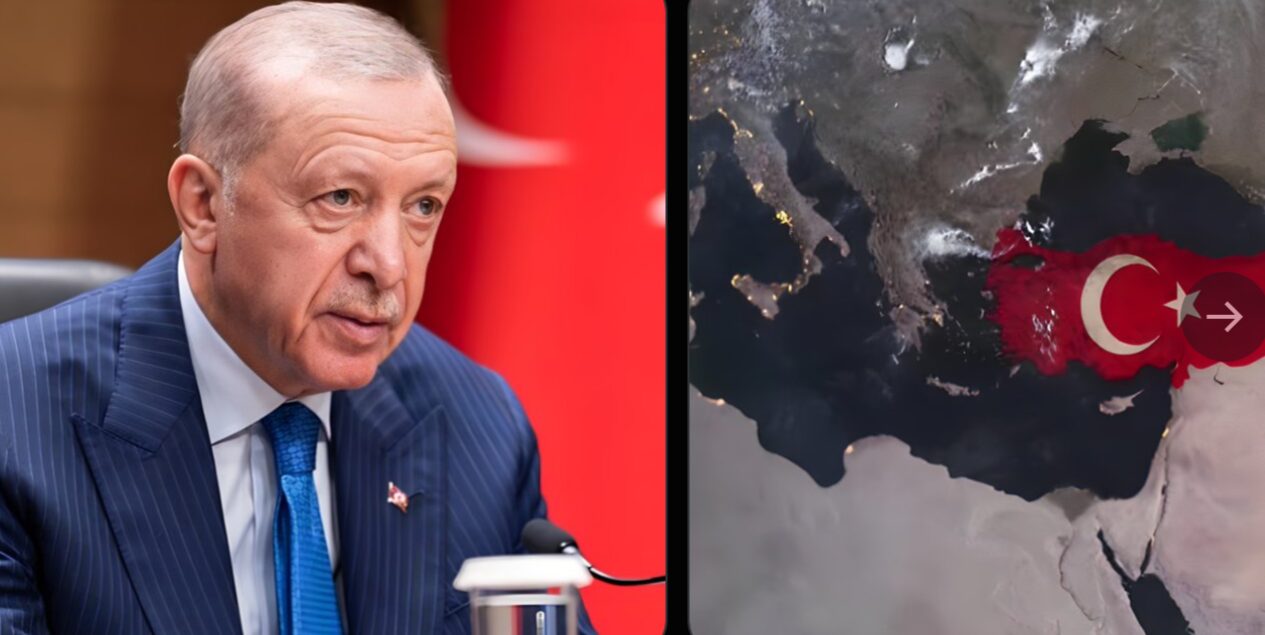
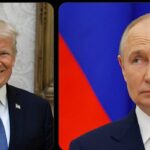
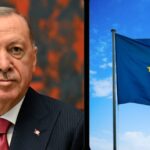
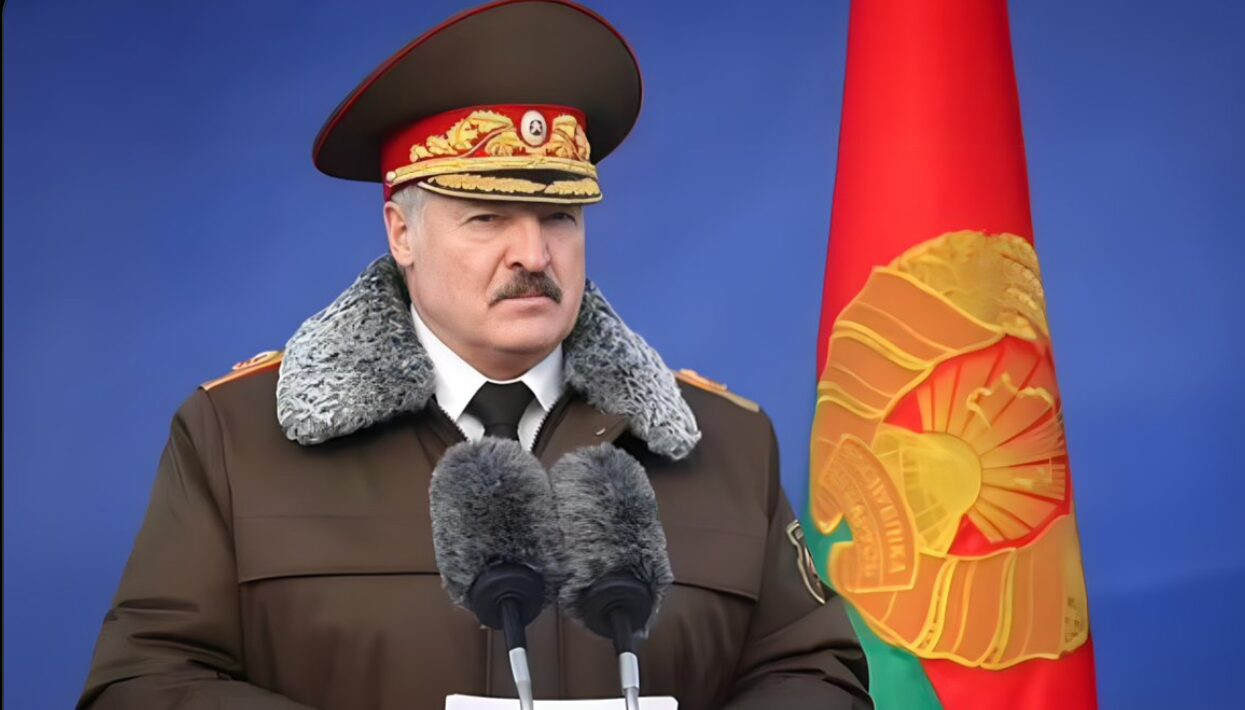
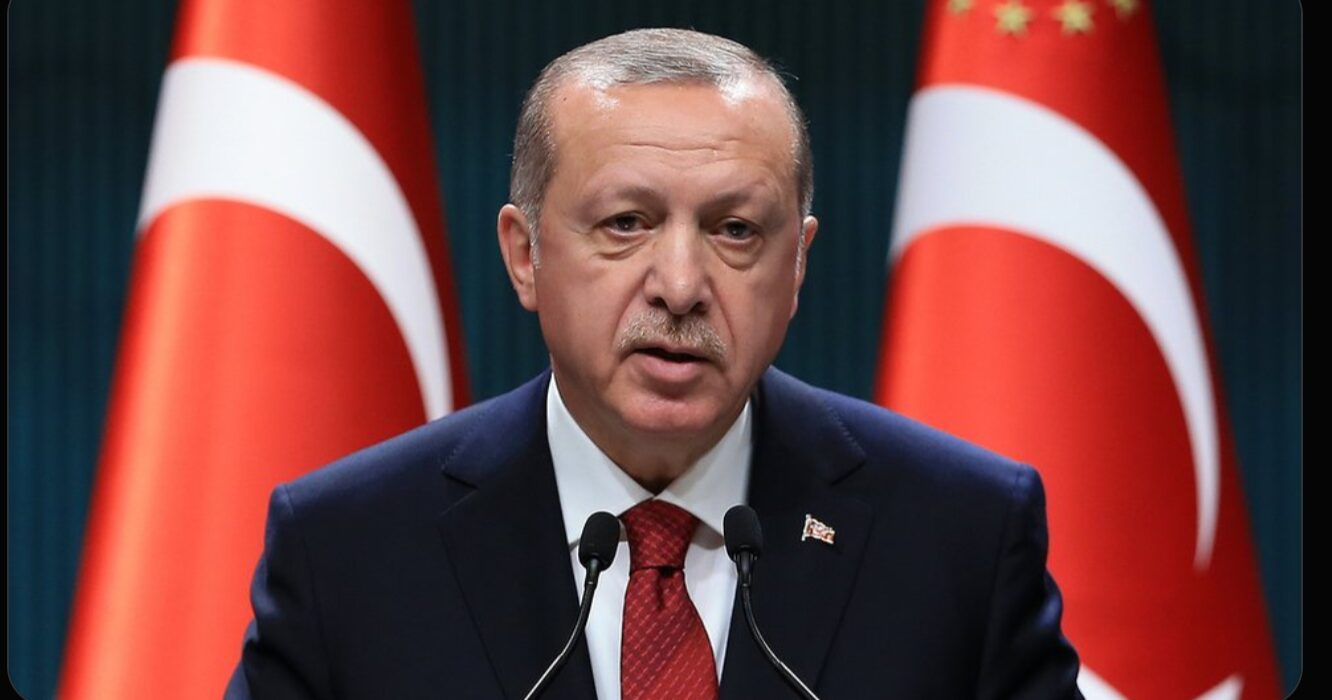
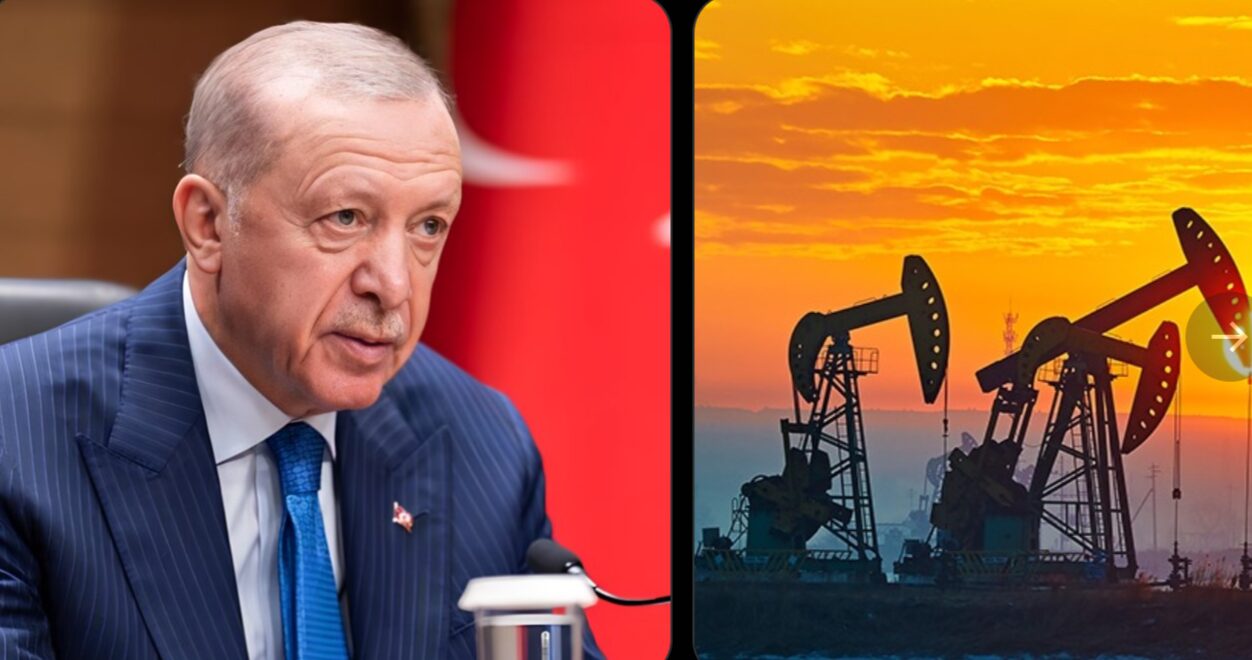

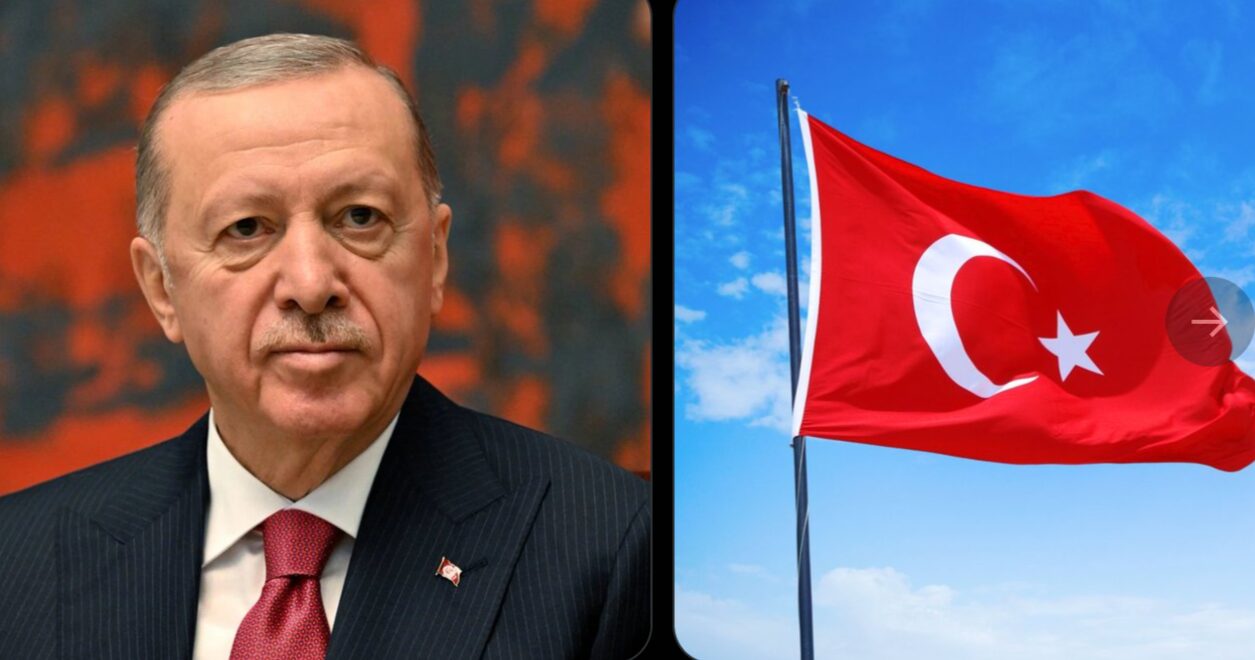
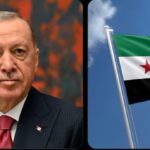








Post Comment